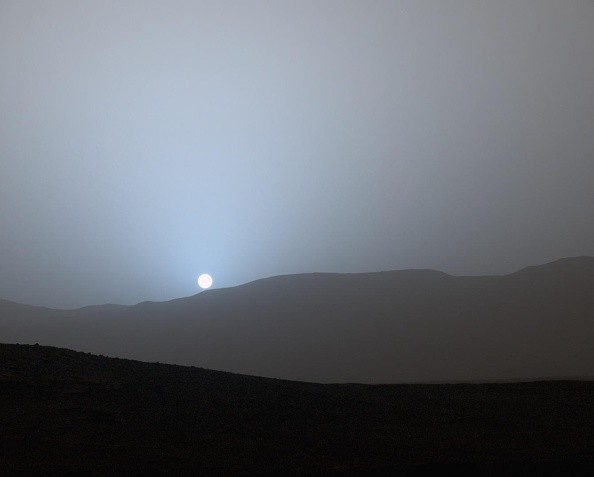
Man has been in pursuit of other worldly being since the beginning of time. Over the course of the modern age, there have been several efforts to reach and to communicate with aliens. In the 70s scientists not only sent out broadcasts announcing humanity's existence to possible beings from other planets through the Arecibo radio telescope in Puerto Rico but also sent out a set of phonograph records with the Voyager spacecraft that thoroughly explains the civilization on earth. Despite continued campaigns, the cosmic messages in a bottle have been left unanswered. Recently, a group of researchers put forward a possible theory why aliens have not responded and to say that it is grim is an understatement.
According to scientists from the Australian National University, the reason there has yet to be contact from other planets is because they are all dead. The researchers explain that early planets are incredibly hostile. While life might have developed, they also might have gone extinct.
'The Universe is probably filled with habitable planets, so many scientists think it should be teeming with aliens. Early life is fragile, so we believe it rarely evolves quickly enough to survive' explains Aditya Chopra, one of the scientists from the university.
The hypothesis, which the scientists have dubbed the "Gaian Bottleneck," suggests that with the vast number of planets, it is highly likely that some of them are suitable for life. However, at some point the conditions might change leading to their extinction.
The researchers specifically point out Earth's neighbours, Venus and Mars as perfect evidence supporting their theory. At one point Venus and Mars had similar conditions that would foster microbial life. At some point however Venus grew too hot and Mars lost not only its atmosphere but also its water reserves.
One intriguing prediction of the Gaian Bottleneck model is that the vast majority of fossils in the universe will be from extinct microbial life" explains Charley Lineweaver, co-author of the hypothesis.



